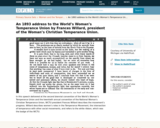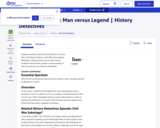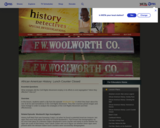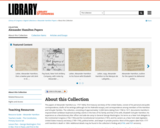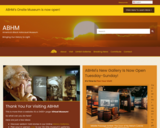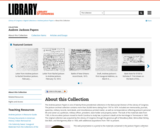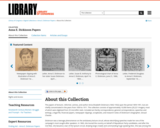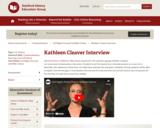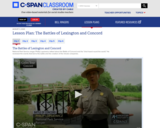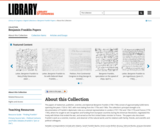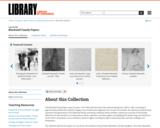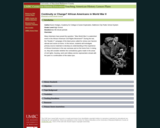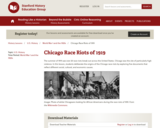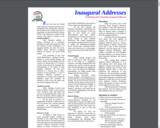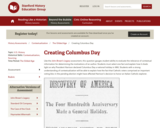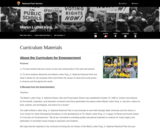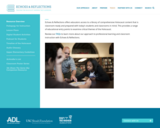The papers of statesman, publisher, scientist, and diplomat Benjamin Franklin (1706-1790) consist of approximately 8,000 items spanning the years 1726 to 1907, with most dating from the 1770s and 1780s. The collection's principal strength is its documentation of Franklin's diplomatic roles as a colonial representative in London (1757-1762 and 1764-1775) and France (1776-1785), where he sought to win recognition and funding from European countries during the American Revolution, negotiated the treaty with Britain that ended the war, and served as the first United States minister to France. The papers also document Franklin's work as a scientist, inventor, and observer of the natural world, and his relations with family, friends, and scientific and political colleagues.
Notable correspondents include John Adams, Sarah Franklin Bache, Anne-Louise Brillon de Jouy, Edmund Burke, Jacques-Donatien Le Ray de Chaumont, Cadwallader Colden, Peter Collinson, Thomas Cushing, Charles-Guillaume-Frédéric Dumas, Charles James Fox, Deborah Read Franklin, William Franklin, William Temple Franklin, Joseph Galloway, George III, King of Great Britain; Rodolphe-Ferdinand Grand, David Hartley, Mary Stevenson Hewson, Jan Ingenhousz, John Jay, Thomas Jefferson, John Paul Jones, the Marquis de Lafayette; Henry Laurens, Antoine Lavoisier, Arthur Lee, Jane Franklin Mecom, Robert Morris, Richard Oswald, Joseph Priestley, William Strahan, Charles Gravier, Comte de Vergennes; George Washington, Jonathan Williams, Jonathan Williams Jr., and more.
